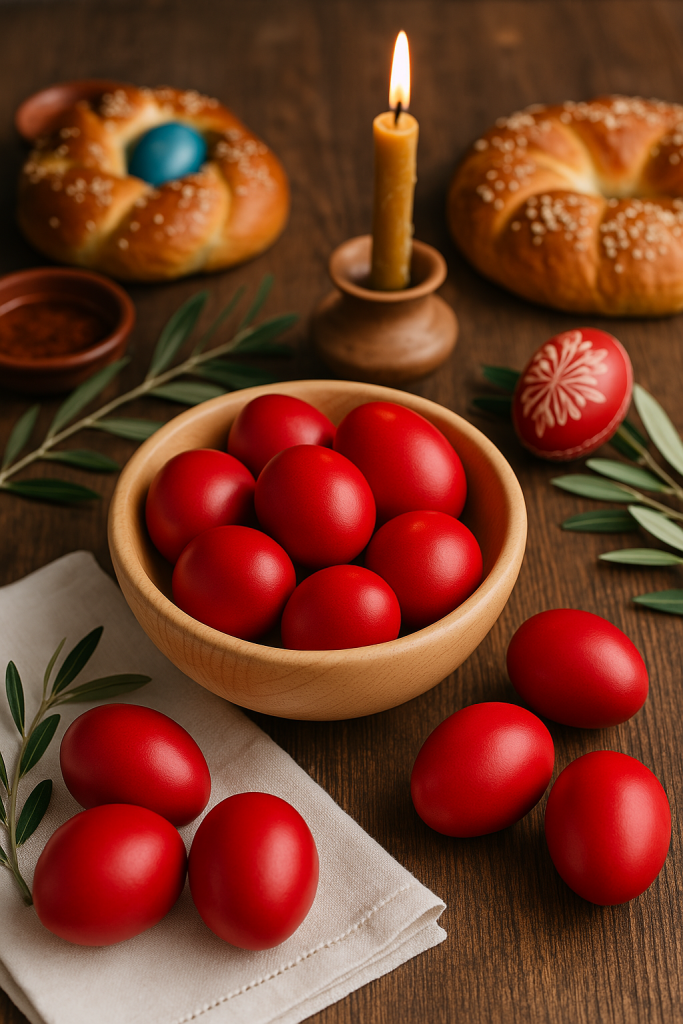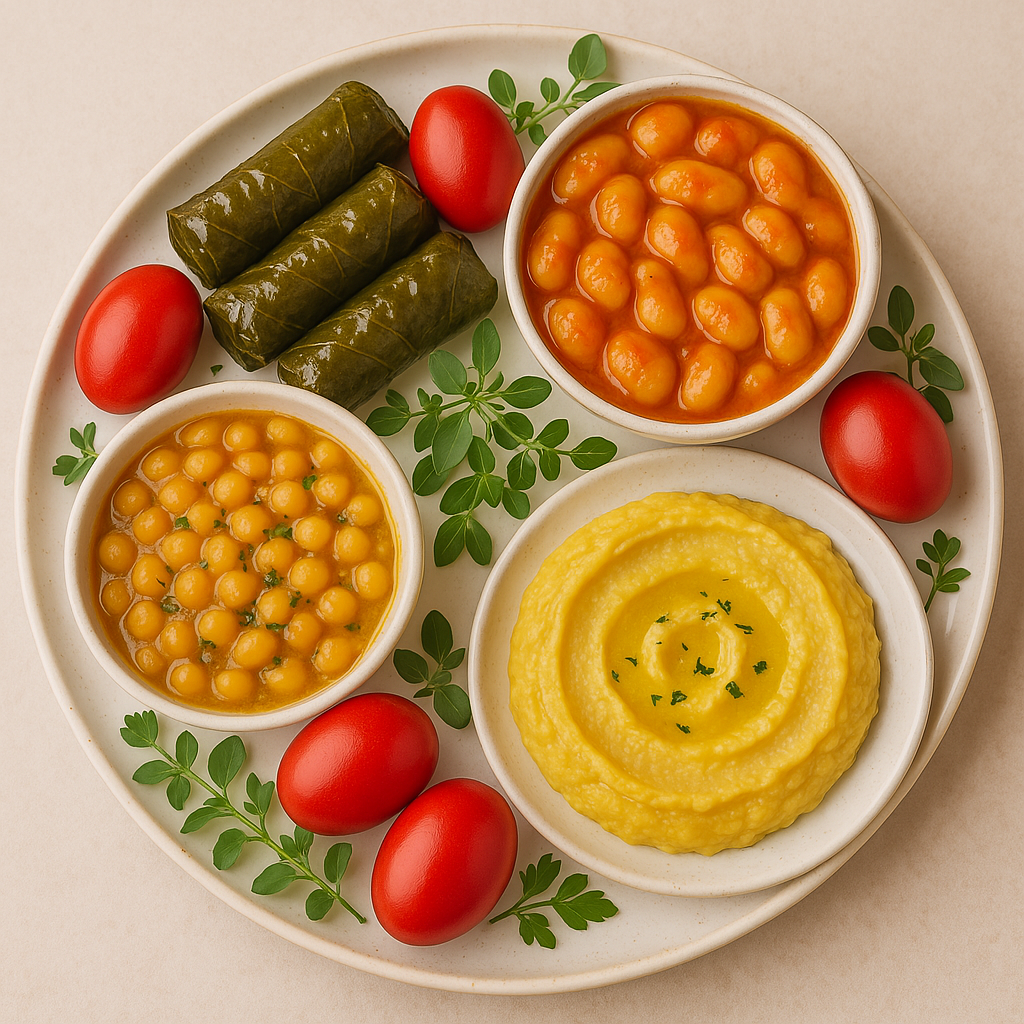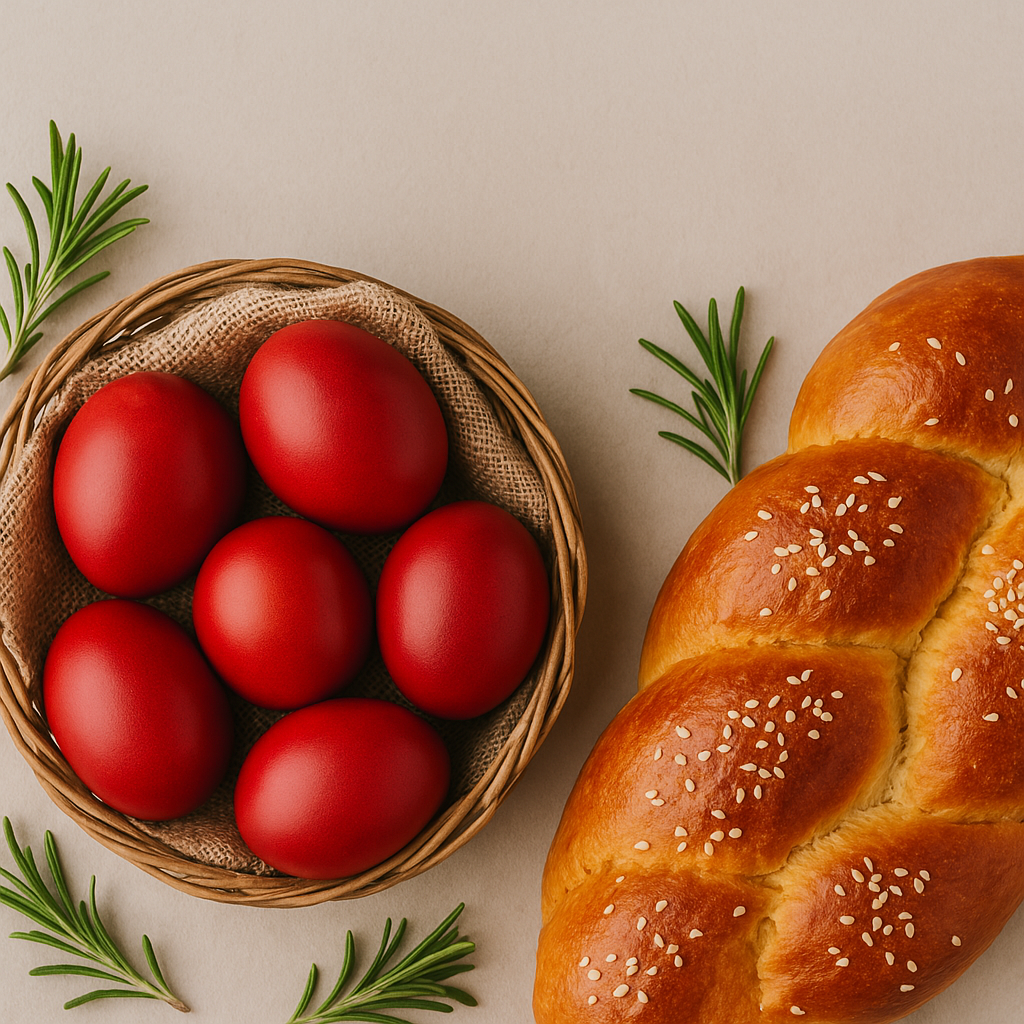
Greek Easter, also known as Pascha, is one of the most important celebrations in Greek culture — a deeply spiritual, joyful holiday that brings together communities, families, and generations. From the midnight church service to the traditional feast that follows, Greek Easter is filled with powerful rituals, vibrant flavors, and a strong sense of connection.
Whether you’re Greek Orthodox, curious about cultural traditions, or simply love learning about global food customs, here’s an inside look at what makes Greek Easter so special.
Unlike Western Easter, which follows the Gregorian calendar, Greek Orthodox Easter is calculated based on the Julian calendar and the timing of Passover, meaning it often falls on a different date — usually in April or early May.
Easter marks the resurrection of Christ, and in the Orthodox tradition, it’s the culmination of Holy Week (or “Megali Evdomada”). The week is filled with church services, fasting, and reflection. At midnight on Easter Sunday, churches across Greece light candles in a moving Resurrection ceremony, with chants of “Christos Anesti” (“Christ is Risen!”) echoing throughout.

While lamb is the main event for many, Greek Easter includes a variety of traditional dishes, many of which are plant-based or legume-based, especially during Lent and Holy Week when many people abstain from meat and dairy.
Here are a few beloved dishes you’ll often find:

Spanakopita is a savory Greek pastry traditionally made with spinach, feta cheese, and crispy phyllo You don’t have to live in Greece to celebrate Greek Easter. Whether you’re continuing a family tradition or starting a new one, here are a few easy ways to bring the spirit of the holiday into your home:
Greek Easter is a reminder of renewal, hope, and togetherness. It’s not just about the meal — it’s about who’s around the table. Whether you celebrate it for religious reasons or as a cultural tradition, it’s a beautiful way to honor spring and the joy of shared meals.
Kalo Pascha! (Happy Easter!)
Looking for authentic Greek flavors? Explore Paliria’s full collection of ready-to-eat dishes to bring a taste of tradition to your table.